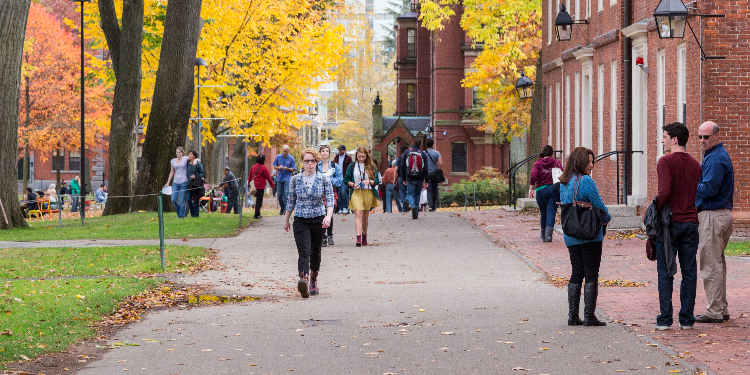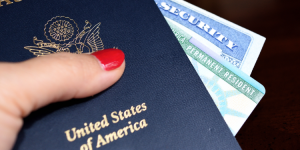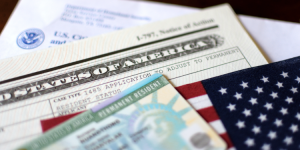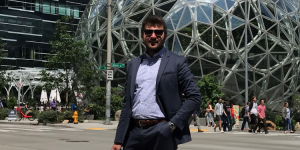
As the American authorities struggle to contain the spread of the coronavirus, three expats share their experiences with us.
Petra, a Czech expat in Northern Virginia
Petra has been an expat in the U.S. for nine years. She lives in Northern Virginia with her husband and two children, 11 and eight years old. “Fairfax County has closed schools for four weeks, and all shops and offices are doing an excellent job with sanitising everything,” she says. As a family, they look at the bright side of things. Petra says: “We are well-prepared, happy to be together at home and outside gardening, and we finally have time to read a book and enjoy a meal as a family.”
We ask Petra what the situation in her home country is. She replies: “In Czech Republic schools have closed for a month, but not preschools, offices, and malls. As of Friday, March 13 they closed borders for non-Czech Republic citizens, and everyone at the border is screened for fever. Restaurants stay closed in the evenings but are open for lunch. Hospitals seem to be alert and have enough tests, but small hospitals in rural areas do not follow the protocol. So, they had some people with Coronavirus and did not separate them soon enough. What makes me sad is that young people think it is not necessary to take extreme measures, but they don't realise they might be spreading the virus to vulnerable groups.”
Benita, a Kenyan expat in Boston
Benita is a university student in Boston, Massachusetts. She is following the Coronavirus news through news media and the university's updates. Massachusetts has declared a state of emergency meaning that schools are closed, employees are working from home, classes are conducted online, group events have been cancelled, and many are stocking up on supplies as a sign of panic. “Attitudes, in my circles at least, are of positivity and referring to social distancing and isolation in efforts to curb the spread,” she says.
We ask Benita how she has been affected by the Coronavirus. “Senior students are leaving with some going back home with no hope for commencement ceremonies. We've had to say our goodbyes to friends whom we do not know when we will see again. Some have gone back to China and Singapore where they feel they will be better off as their governments have got the situation under better control.”
Benita expects to be staying indoors, “which is not far from my preference on weekends and days off. I also expect to be able to go out for groceries as needed until further restrictions are put in place by the State Governor,” she says. Also, “we have been asked by the university to reconsider domestic travel strongly, and we must log all our travel to keep the university informed. Classes are online, but campus remains open with must-have operations only. Dorms are open except for those with shared bathrooms. They've encouraged student government to engage fully and have been receptive to our questions sending us daily updates and opening up a dedicated email address just for coronavirus-related issues.”
About the situation in Kenya, Benita explains: “Things are largely under control, and the government is already decreeing out large group events. I appreciate their prompt efforts, given how dire the situation could become with our limited health resources. I am not worried about my family as of today and being that I've lived abroad for a while, it's not hard for me. I'm staying away from home so that I do not bring the disease to them as I am in higher-risk geography presently.”
Vicky, a Greek expat in Virginia
Vicky has been in the U.S. since 2005. She currently lives in Virginia with her husband and three-year-old daughter. She worries about her parents back home and her husband's parents in the U.S. who are above 70. “As a family, we have agreed to change our daily habits for the common good. Only my husband goes out of the house for shopping and work,” she says. About her home country, Vicky says: “Greece has taken extreme measures to prevent tragic events like the ones that unfolded in Italy.”



















